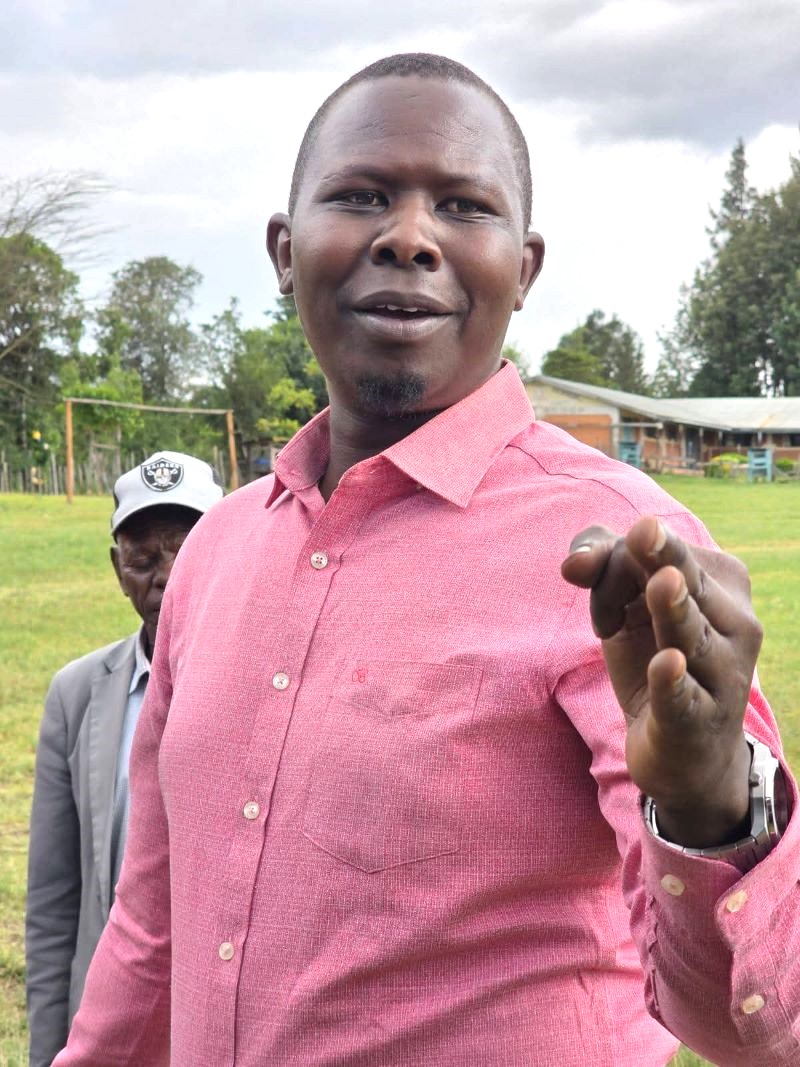Education today must go beyond textbooks and examinations. It must cultivate knowledge, values and practical skills that prepare learners not only for employment but also for responsible citizenship. One effective approach to achieving this is Community Service-Learning (CSL) – an educational method that integrates hands-on community service with academic learning. CSL is designed to benefit both students and the community by creating opportunities where classroom knowledge is applied to real-world problems. Through this, students develop critical skills while communities receive meaningful support.
Community Service-Learning (CSL) is an innovative educational approach that bridges the gap between academic knowledge and real-world experience by combining meaningful community service with structured learning. Unlike traditional volunteerism, which often stands apart from classroom work, CSL is deliberately woven into the curriculum so that students can apply what they learn in class to actual societal challenges. This approach benefits both learners and communities by fostering civic responsibility, strengthening local networks and addressing pressing needs while enhancing education through relevance and practicality. It reflects the growing recognition that education must not only prepare individuals for examinations but also empower them to contribute meaningfully to society.
At the heart of CSL is the belief that true learning takes place when theory meets practice. A classroom can equip learners with concepts, models and frameworks, but without application, these remain abstract and disconnected from real life. For instance, a group of students studying environmental science may understand the principles of conservation from a textbook, but it is only when they engage in a local tree planting initiative, monitor soil health or develop waste management strategies for their community that they begin to grasp the complexities and significance of what they have learned. Through such hands-on engagement, students see how their academic pursuits can create tangible impact, and this in turn deepens motivation, retention and curiosity.
ALSO READ;
TUK students shine at Continental Innovation Challenge in Ghana
Another defining feature of CSL is reflection. Service alone does not automatically translate into learning and it is through structured reflection that students develop insights that link their experiences with academic content. Guided discussions, journals and mentorship help learners process their experiences, draw meaningful conclusions and evaluate their personal growth. Reflection prompts them to ask questions such as: What skills did I apply in this situation? How does this connect with what I learned in class? What assumptions about the community or the issue have I had to reconsider? These reflective exercises sharpen critical thinking, encourage empathy and foster lifelong learning habits.
Community partnership is also central to CSL. Unlike projects that are designed solely by schools and imposed on communities, CSL thrives on collaboration. Communities are not passive recipients of student service but active co-educators and partners. Educational institutions consult local organizations, leaders and residents to identify genuine needs and co-create service activities that are both meaningful and respectful. This partnership ensures that projects are relevant and sustainable. For example, a university might work with a rural health clinic to design outreach programs on nutrition or sanitation, where students apply their academic training while the community benefits from improved health practices. In this way, CSL becomes a two-way exchange of knowledge and value, not a one-sided transaction.
An equally important aspect is the emphasis on student leadership. CSL projects encourage learners to take initiative in planning, organizing and executing their service activities. In the process, they develop responsibility, resilience and collaboration skills that are essential beyond the classroom. When students are entrusted with real responsibilities, they discover their potential as problem solvers and leaders. A student who organizes a literacy program in a disadvantaged school, for example, not only applies classroom theories of education but also develops organizational, communication and leadership skills. Such experiences nurture self-efficacy, giving learners confidence that they can make meaningful contributions to society.
The benefits of CSL are far-reaching. For students, it makes learning more practical and engaging by connecting theory to real-world contexts. It equips them with transferable skills such as teamwork, communication, and critical thinking that are indispensable in the modern workforce. It also fosters personal growth by exposing them to new perspectives, challenging their assumptions and instilling values of empathy and social responsibility. Many students report that their CSL experiences were among the most transformative aspects of their education, helping them not only acquire knowledge but also develop a sense of purpose. For communities, CSL brings tangible benefits through the fulfillment of real needs. Whether it is tutoring children, conducting health awareness campaigns or supporting environmental conservation, communities gain valuable resources and support. More importantly, CSL strengthens connections between educational institutions and society, ensuring that schools and universities are not isolated ivory towers but integral parts of the communities they serve. These relationships often lead to long-term collaborations and capacity-building that extend well beyond the duration of a single project.
ALSO READ;
Bungoma CECM calls for united front on early childhood education
The larger significance of CSL lies in its potential to redefine the purpose of education. Traditional systems often focus narrowly on academic performance and individual achievement, sometimes neglecting the cultivation of civic values and social responsibility. CSL counters this by embedding service and social engagement into the learning process. It emphasizes that education is not only about personal advancement but also about contributing to the common good. In this sense, CSL aligns with both national development goals and global aspirations such as the United Nations Sustainable Development Goals, which call for quality education, reduced inequalities and sustainable communities.
By integrating service with learning, CSL ensures that education is transformative for both students and communities. Learners graduate not only with theoretical knowledge but also with practical experience, empathy, and the confidence to lead change. Communities benefit from fresh ideas, youthful energy and collaborative problem-solving. The mutual exchange of knowledge and service creates a cycle of growth that strengthens social cohesion. Ultimately, CSL represents a vision of education where schools and communities are partners in building a better society. It is a model that recognizes that learning does not end at the classroom door but continues wherever real challenges and opportunities for growth exist.
By Ashford Kimani
Ashford teaches English and Literature in Gatundu North Sub-county and serves as Dean of Studies.
You can also follow our social media pages on Twitter: Education News KE and Facebook: Education News Newspaper for timely updates.
>>> Click here to stay up-to-date with trending regional stories
>>> Click here to read more informed opinions on the country’s education landscape






